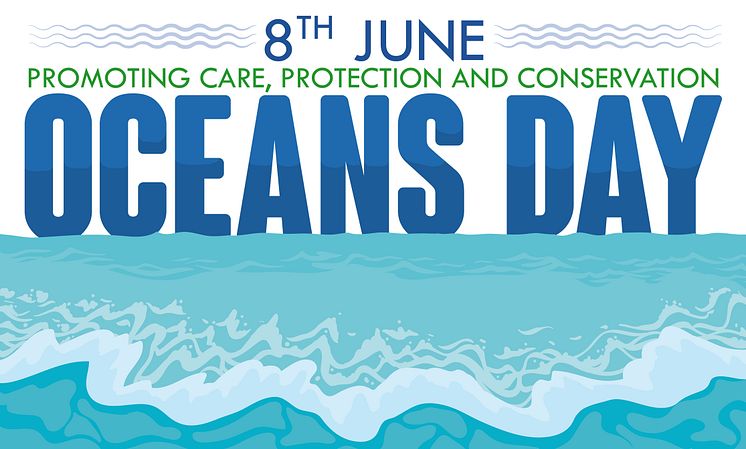
Bluewater says single-use plastic bottles are ticking time bomb threating planetary and human health, advocates immediate ban
Stockholm, June 8, 2024 – Water purification and beverage innovator Bluewater marks this World Oceans Day 2024 with a call for an immediate ban on the ocean dumping of plastic waste which it describes as a ticking time bomb threatening the health of Planet Earth.
The Swedish-based company says the health threats posed by the pollution and contamination caused by the 600 billion bottles manufactured annually pose a grave threat to all living on the planet that demands immediate collective action by world governments and citizens.
“Our survival is under threat from a tsunami of throwaway plastic bottles, most of which but end up in landfills or our oceans, rivers and lakes,” says Bluewater founder and CEO Bengt Rittri, one of Sweden’s leading ecopreneurs. He notes how the plastic bottle waste releases harmful chemicals such as PFAS into the environment and disintegrate into microplastic particles, both of which are now pervasive in our air, food, and water.
“Microplastic particles have been discovered in human blood and brains, women’s placentas and in men’s testicles. The health consequences of doing nothing are overwhelmingly dire, and we must act now to prevent further damage.”
Numerous research studies have concluded that recycling is not the solution. When people dispose of their single-use plastic water bottle, its journey doesn't end in their bin. Many of these plastic bottles find their way to countries like Thailand, Vietnam, or Indonesia, where they are frequently incinerated in open landfills or left to drift into rivers and oceans.
According to the United Nations Environmental Programme (UNEP) report, the world produces over 400 million tonnes of plastic waste annually, 85 percent of which end up in landfills or as unregulated waste.
Mr. Rittri says everyone on the planet should feel outraged at the plastic crisis. Apart from the physical pollution caused, single use plastic bottles also leach chemicals linked to endocrine disruptors that can lead to reproductive disorders, cardiovascular problems, and even cancer.
“I would love to see legislation obliging plastic bottle manufacturers to assume full end-of-life responsibility for their single-use plastic bottles. And secondly, I want an immediate ban on the dumping of plastic waste in the oceans,” Rittri said.
He added that individual citizens also have it in their power to for future-proof the planet’s environment and human health.
“The simplest option is one that already exists,” he said. “Choose to use a reusable, eco-friendly bottle made from stainless steel or glass. For example, our stainless bottles at Bluewater are designed to last a lifetime, enabling people to be the change they want to see – for our planet and future generations.”
Media inquiries: Contact Dave Noble, Chief Communication’s Officer at Bluewater at david.noble@bluewatergroup.com. For more information about ways to avoid tap water contaminated by toxic chemicals and metals or microplastics visit bluewatergroup.com